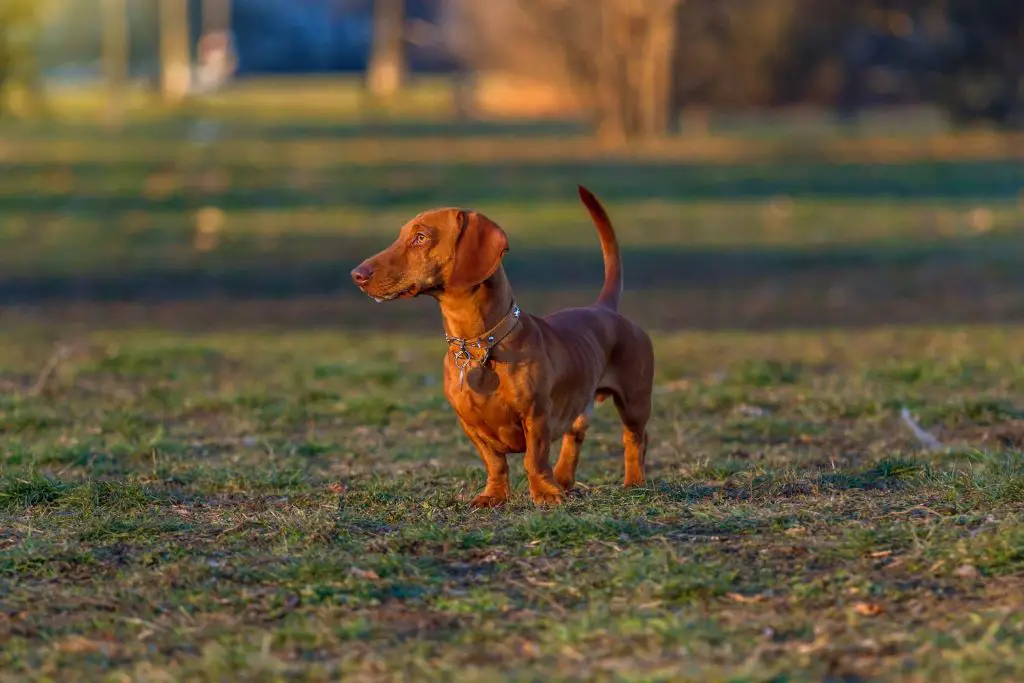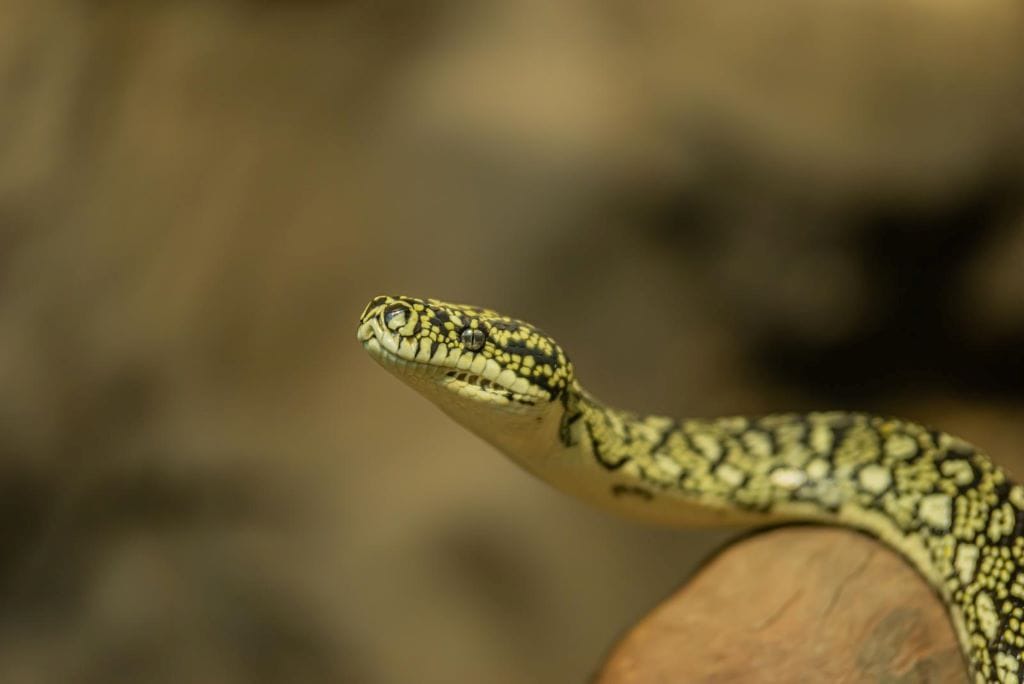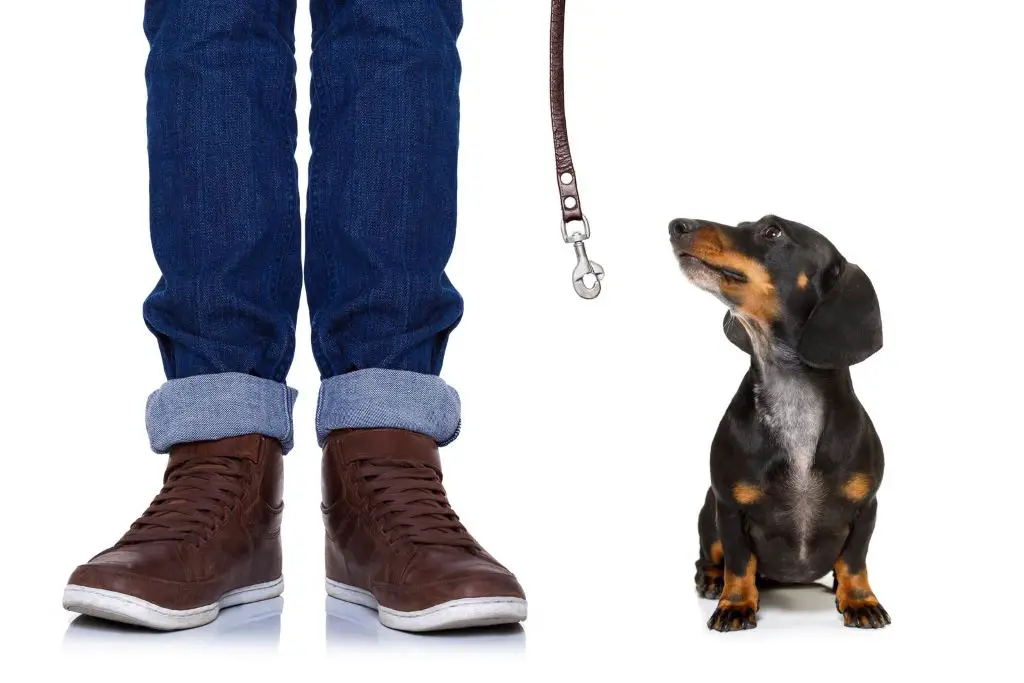Like the turning of pages in a beloved book, your dachshund pup is growing up. One important chapter you might be considering in their life story is neutering. This crucial decision can have a significant impact on your furry friend’s health and behavior. You’re probably wondering when the best time to neuter your Dachshund would be?
Neutering too early or too late can have its own set of complications. In this article, we’ll dive into everything you need to know about neutering, including the ideal age for your Dachshund to undergo this procedure, the costs involved, potential behavioral changes, advantages and disadvantages, post-neutering care tips, alternatives to consider, and any health implications that might arise along the way.
By arming yourself with information, you’ll make informed decisions that serve both you and your four-legged companion well.
Key Takeaways
• Neutering is important for the health and behavior of dachshunds.
• Most veterinarians recommend neutering around six months of age.
• Neutering reduces the risk of certain diseases like testicular cancer and prostate issues.
• Neutered dachshunds may have an increased risk of obesity and certain types of cancers.
Understanding Neutering
Neutering’s not just about preventing unwanted puppies; it’s a crucial step in controlling your dachshund’s health and behavior. When you decide to neuter your dachshund, you’re making a commitment to their wellbeing, ensuring they live a healthier and happier life. Understanding neutering is the first step towards this endeavor.
A common question you might have is – what’s the best age to neuter my dachshund? While there isn’t a definitive answer, most veterinarians recommend around six months of age. However, every dog is unique, and various factors like weight and overall health status can impact when it might be optimal for your little companion.
Neutering helps reduce aggression and territorial behaviors in male dogs. It also reduces the risk of certain diseases, such as testicular cancer and prostate issues. You’re not only helping control pet overpopulation but also serving your furry friend by enhancing their quality of life.
Remember that deciding to neuter a dachshund isn’t something you should take lightly or rush into without adequate knowledge. Consult with your vet about the procedure details and aftercare needs to ensure it goes smoothly for your dachsie buddy.
The Neutering Process

Before you make the decision to have your furry friend undergo this procedure, it’s imperative to understand the process of neutering itself. Neuter surgery is a common operation performed by a vet, with the aim of preventing unwanted litters and contributing to a healthier pet population. When considering getting your dachshund neutered, knowing what happens during this procedure can help put your mind at ease.
The process begins with an initial check-up where the vet assesses whether your puppy is healthy enough for surgery. Your pet will then be sedated using anesthesia before they begin the actual process of neutering or spaying. The recovery period following the procedure often requires careful monitoring and plenty of rest for your pup.
Neutering a puppy has its benefits: It can curb aggressive behavior, reduce certain health risks, and prevent overpopulation. Plus, it’s generally safe – complications are rare but can be discussed further with your vet prior to scheduling surgery.
Bear in mind that aftercare is essential when having your dachshund neutered; ensure there’s comfort and minimal disturbance as they recuperate. Remember that you’re not just caring for an animal-you’re serving another life that trusts you implicitly during their time of need.
Costs and Insurance
You might be wondering about the costs associated with neutering your dachshund and if insurance can help cover these expenses. It’s a valid concern as the cost of this procedure can vary widely based on various factors.
Knowing what to expect and understanding your insurance coverage options can make the process less daunting and more manageable for you.
Neutering Procedure Costs
Shelling out for your dachshund’s neutering procedure can feel like a bit of an investment, but it’s well worth considering the long-term benefits. The cost to neuter varies depending on where you live and whether you visit a private vet or opt for low-cost neuter clinics.
Here are four factors that might influence how much it cost:
1. Your geographic location: Vet costs vary significantly by region.
2. The age and health of your miniature: Older or unhealthy dogs may require more care during surgery.
3. Clinic versus private veterinarian: Clinics often offer reduced rates.
4. Post-surgery care: This could include pain medication or follow-up visits.
Remember, neutering your miniature is not just about preventing unwanted litters; it can also help ensure your dachshund be neutered safely for a healthier, happier life.
Insurance Coverage Options
Imagine a safety net, cushioning any unexpected veterinary expenses that might come your way – that’s exactly what pet insurance can provide for you. Insurance coverage options often include procedures like neutering or spaying your dachshund.
These comprehensive plans can ease the financial burden of getting your dachshund spayed or neutered. Pet insurance is an act of kindness towards your furry companion. It ensures they receive necessary care without straining your wallet.
Policies vary, so you’ll need to read the fine print and understand what’s covered before fixing your dachshund. But in most cases, routine procedures like neuter surgeries are included. So, consider it as an investment in their health and happiness – because nothing says ‘I care’ quite like ensuring their well-being through responsible pet ownership decisions.
Behavioral Changes
Neutering a dachshund can lead to significant behavioral changes, such as reduced aggression and less marking behavior. When considering the decision to spay or neuter your dachshund puppy, understanding these potential alterations is key.
The following table outlines some of the top behavioral changes you might notice after your pup undergoes surgery:
| Behavior Before Neutering | Behavior After Neutering | Time Frame Post Surgery | Explanation/Comments |
|---|---|---|---|
| Marking in the house | Reduced marking | Within a few months | Neutering can reduce the testosterone-driven urge to mark territory, thus potentially reducing such behavior. |
| Aggressive tendencies | Less aggressive | Depends on individual animal | Aggression can be influenced by numerous factors, including genetics and environment. Neutering may help, especially if the aggression is related to mating instincts. |
| Rambunctious play | Calmer demeanor | Post recovery period | A decrease in testosterone can lead to a calmer demeanor, but individual behavior changes can vary. |
| Mating behaviors | Elimination of mating behaviors | Immediately | Neutering removes the physical ability and hormonal drive for mating, effectively eliminating these behaviors. |
| Roaming tendencies | Less likely to roam | Months post-surgery | Roaming is often linked to looking for mates. With neutering, this tendency often decreases. |
| General Health | Potential weight gain | Ongoing | After neutering, dogs and cats may be prone to weight gain due to changes in metabolism. Regular exercise and a balanced diet can help manage this. |
Remember, every dog is unique, and these changes may not be universal. Your pup could be neutered at months of age yet display none, some, or all of these behavioral changes.
However, it’s essential that you consider these factors while making decisions about neutering your pet. This way, you are serving not only your beloved companion but also contributing positively towards a more responsible pet-owning community. Notwithstanding this information, remember that love and patience go a long way in helping your little friend adjust post-surgery.
Pros and Cons
Weighing the scales of pros and cons, like a tightrope walker balancing on a wire, can be a tricky act when it’s about your dog’s well-being. You might wonder what age can a dachshund be neutered? The answer is not as straightforward as you might hope.
That said, let’s delve into the pros and cons.
Early neutering comes with its own set of benefits, such as: Preventing unwanted pregnancies, Reducing risks related to certain diseases, like testicular cancer, * Minimizing aggressive or territorial behavior in males.
But there are also potential downsides to consider. Some studies suggest that dogs neutered at an early age may be more prone to obesity and some forms of cancer.
Remember, the decision to neuter their dog is one every pet owner must make based on individual circumstances. It involves considering factors such as the breed’s health risks (Dachshunds have specific genetic vulnerabilities), the dog’s lifestyle, and your personal beliefs.
Just keep in mind that while there are both pros and cons to early neutering, ultimately, it’s about ensuring the best possible life for your Dachshund. Consult with your vet before making this important decision – they’re there to help guide you through this process.
Post-Neutering Care
Let’s not beat around the bush; your little buddy’s aftercare post-surgery is just as critical as the decision to neuter itself. As a responsible dachshund parent, ensuring you’ve got all the information about post-neutering care is key.
It can be an emotionally challenging time when you decide to spay or neuter your dachshund, but rest assured that it’s a major step in preventing unwanted litters and promoting their health.
Post-operation, there are a few steps you should follow.
Firstly, ensure your pal has a calm and comfortable environment to recover in. Providing them with lots of love and gentle reassurance will go far in helping their recovery process. Also important is monitoring their eating habits. If they’re not showing interest in food within 24 hours post-surgery, consult with your vet promptly.
For many pet parents, the thought of putting their beloved pet under anesthesia can be daunting. However, remember that these procedures are routine and carried out by experts who want what’s best for your four-legged friend too.
As a dedicated companion to your dachshund, taking on this responsibility shows that you’re committed to giving them the best life possible. This isn’t just about getting your dachshund through spay surgery; it’s about setting them up for a healthy future!
Alternatives to Neutering
While it may seem like the only road to travel, spaying or neutering isn’t always the one-size-fits-all solution for every furry household. It’s akin to a garden with various flowers blooming – while some bloom splendidly when pruned, others thrive in their natural state. In fact, around 20% of pet parents choose an alternative path for various reasons, including medical conditions and personal beliefs.
To help you make an informed decision about whether or not to neuter your dachshund dog, here’s a table outlining some alternatives to neutering:
| Alternative | Description | Time Frame Post Procedure | Comments |
|---|---|---|---|
| Vasectomy | A less invasive procedure that leaves hormones intact while preventing reproduction. | Immediate, with recovery within 1-2 weeks | While the procedure prevents reproduction, male animals will still exhibit mating behaviors and have the potential for hormone-related issues such as aggression. |
| Tubal Ligation | Similar to vasectomy but for female dogs; prevents pregnancy while leaving hormones intact. | Immediate, with recovery within 1-2 weeks | While this procedure prevents reproduction, female animals will still go into heat, which can attract male dogs. |
| Chemical Neutering | A non-surgical method using injections into the testes; temporary and less invasive than traditional neutering. | Takes effect immediately, but results can be temporary, typically lasting a few months to a year. | This procedure is less invasive and typically cheaper, but it’s also less reliable and may have to be repeated periodically. |
Choosing whether or not to have your dachshund neutered is a deeply personal choice that hinges on many factors, such as age, health status, and lifestyle. Weighing these alternatives can provide valuable insight into what might be best for your little companion. Remember, you’re doing this out of love for them and needn’t feel compelled by societal norms or pressures.
Health Implications
Navigating the health implications of your decision can feel tricky, but it’s important to understand that each option comes with its own set of potential benefits and drawbacks. When considering what age a dachshund can be neutered, you need to weigh the health implications for your furry friend.
Some dachshund owners choose to spay or neuter their dogs early, around six months of age. This can prevent unwanted pregnancies and help curb certain behavioral issues. However, before making this decision, you must also take into account some potential downsides.
Neutered dachshunds may face an increased risk of obesity and certain types of cancers later in life. They might also experience changes in behavior and personality post-operation. Remember, when it comes to deciding on whether or not to spay or neuter your dachshund, there isn’t a one-size-fits-all answer.
It’s crucial that you consult with your vet about the best course of action for your specific situation. Without summarizing or drawing conclusions prematurely, keep these considerations in mind as you decide what is truly best for your pet’s well-being. The key here is informed decision-making based on understanding all relevant health implications.
Frequently Asked Questions
Can neutering a Dachshund cause any changes in its fur or coat?
Neutering your dachshund won’t directly affect its coat or fur. However, hormonal changes post-surgery might impact coat health indirectly. Regular grooming and a balanced diet can help maintain your pet’s shiny, healthy coat.
What is the ideal weight for a Dachshund before it undergoes neutering?
Your dachshund should be at a healthy weight before neutering, typically between 16-32 pounds for standard size and 5-12 pounds for miniature. However, your vet’s advice is crucial as individual weight can vary.
Are there any specific dietary considerations to take into account before and after neutering a Dachshund?
Before neutering your dachshund, ensure it’s well-nourished but avoid overfeeding. After surgery, they may gain weight easily, so adjust their diet accordingly to prevent obesity. Consult a vet for personalized dietary advice.
How long does the neutering process take for a Dachshund?
Did you know about 60% of pet surgeries are done in under an hour? Neutering your dachshund is no exception. Typically, the procedure takes about 20 minutes to an hour, depending on individual circumstances.
Can a Dachshund still participate in dog shows or competitions after being neutered?
Absolutely, your neutered dachshund can still participate in dog shows and competitions. It’s important to note, however, that some classes may require dogs to be intact. Always check the specific rules of each event.
Conclusion
You’ve learned a lot about your dachshund’s neutering process. The perfect age for this procedure is typically between six to nine months. It’s eye-opening to note that neutering can reduce your pup’s risk of certain cancers by up to 60%.
Of course, you’ll need to weigh the pros and cons before deciding. Whatever choice you make, ensure it promotes your furry pal’s long-term health and happiness.









